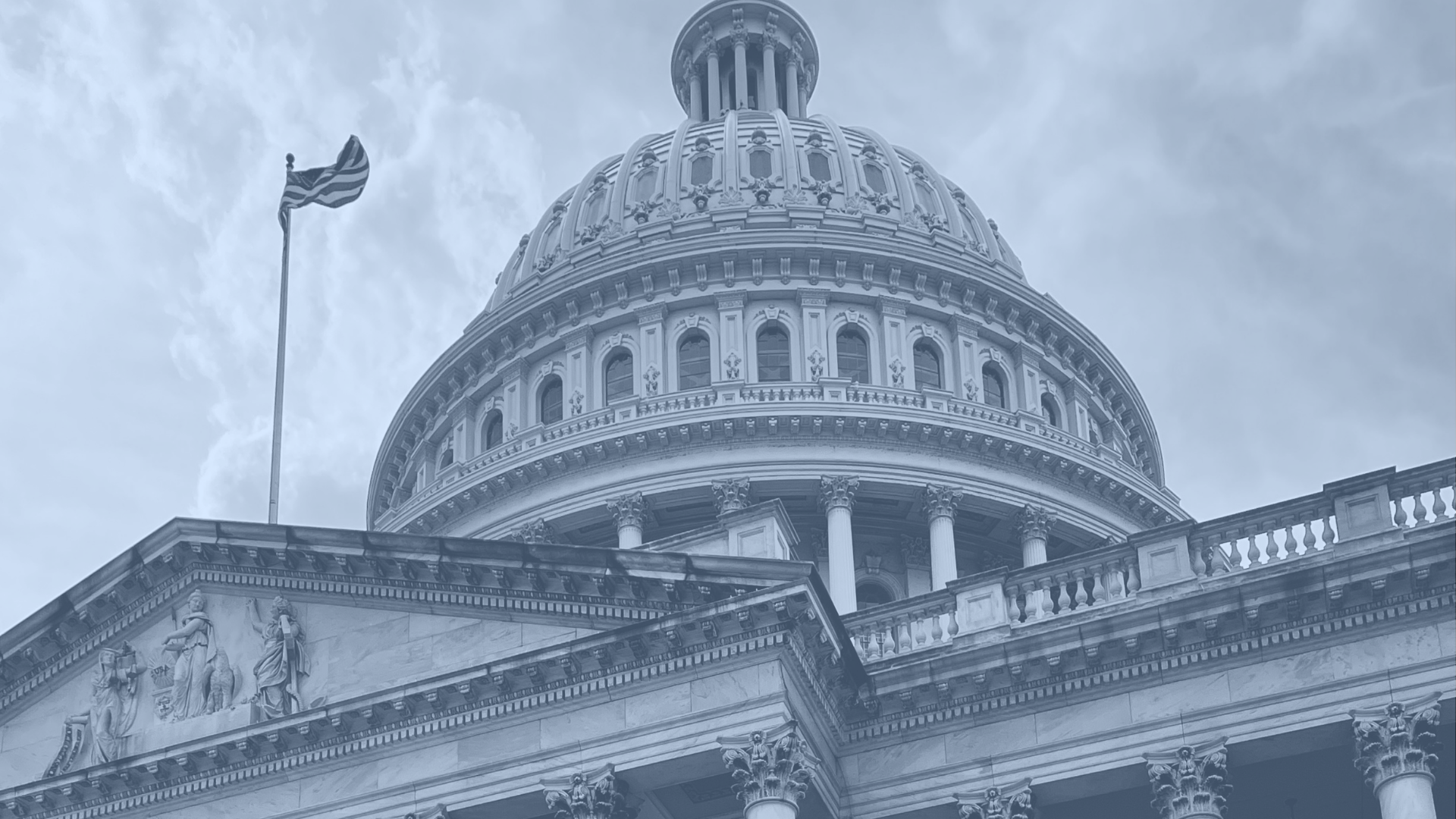
By
Kilee Mendiola
•
October 2, 2025
The federal government officially shut down overnight on October 1, 2025, after legislators failed to pass a spending bill. This leaves numerous agencies, services, and individuals across the U.S. without access to essential resources indefinitely. However, it’s not all bad.
Considering the general history of government shutdowns, it’s unclear whether this one will peter out in a few days or not. The main point to keep in mind is not to panic over what could be a short-term shutdown. The best course of action for a mortgage professional is to arm yourself and your clients with accurate information and stay the course, even when roadblocks are inevitably ahead.
Let’s take a look at which programs, agencies, and services related to your business are affected.
The CFPB is partially shielded from the government shutdown because it is directly funded by the Federal Reserve. Agency activities, including supervision, enforcement, and rulemaking, will continue. Any other activity that requires multi-agency coordination or the use of government facilities will cause delays.
The Federal Housing Administration (FHA) is pausing the insurance of new mortgages. Still, it will continue to approve most Single-Family mortgage loans but will not endorse HECM, Title I, and those requiring FHA underwriter review.
As for multifamily loans, only projects already approved prior to the shutdown will move forward. New loan applications will be paused..
The Department of Housing and Urban Development is expected to make payments under previously obligated contracts and agreements. HUD will ultimately stop processing new loans until a new appropriations bill is passed. Affordable housing developers with HUD loans in progress should expect processing to cease.
The Department of Veterans Affairs will continue its operations, but expect processing delays if the shutdown continues beyond a week. On the other hand, functions under the Veterans Benefits Administration, including the Native American Veterans Direct Loan Program (NAVDL) and the Vendee Loan program, have been ceased.
Historically, the U.S. Department of Agriculture typically pauses accepting and processing new loans. Most operations, including those within the Single-Family Guaranteed Loan Program, cease, with the exception of approved functions. Pre-scheduled direct loan closings are paused, too.
Fannie Mae and Freddie Mac don’t rely on government funding, so business will continue as usual. However, if they require support from affected agencies, for example, when working alongside the IRS for ID verification and transcript services, there will be significant delays.
To alleviate such challenges, Fannie and Freddie are providing temporary measures to assist mortgage lenders if they’re unable to collect income verification or standard employment verification.
As for Ginnie Mae, the government-owned corporation is expected to continue its essential functions without disruptions. This is based on its response to the 2019 government shutdown.
The National Flood Insurance Program is funded by the federal government and manages approximately 90% of flood insurance policies in the United States. During the shutdown, the program will not sell new or renewal policies. This will cause significant delays for anyone buying property in a flood zone until the program is reauthorized. Additionally, homeowners and property owners who need to renew their annual flood insurance will fall out of compliance with mortgage requirements.
As of this blog’s publishing, the Internal Revenue Service is expected to continue operations through October 5. Thus, the IRS Income Verification (IVES/RAIVS) will remain in place. However, this may be subject to change, so expect some delays.
The IRS’s contingency plan doesn’t clearly outline what happens if the shutdown lasts longer than five business days. So, IRS employees may face the risk of furlough. The IRS is only able to operate during a shutdown because of its reserve of taxpayer funds, but it’s too soon to tell if the reserve will outlast the shutdown.
The Social Security Administration’s contingency plan doesn’t specifically state that social security number verification or the electronic Consent-Based Social Security Number Verification (eCBSV) service will continue to operate. The plan lists “benefit verifications” and “requests from third parties for queries” as discontinued activities during shutdown.
According to a statement released by the Mortgage Bankers Association, “...in the past the SSA has not processed requests for verification of social security numbers during a government shutdown.”
Expect delays during mortgage application processes, especially for FHA, USDA, and flood-insurance loans. Agencies like Fannie Mae, Freddie Mac, and Ginnie Mae will continue to operate and offer temporary measures to support mortgage lenders when collecting income verification or standard employee verification.
Ultimately, our best advice is to prepare your pipeline for such changes and delays, maintain transparent communication with clients, and set expectations early.